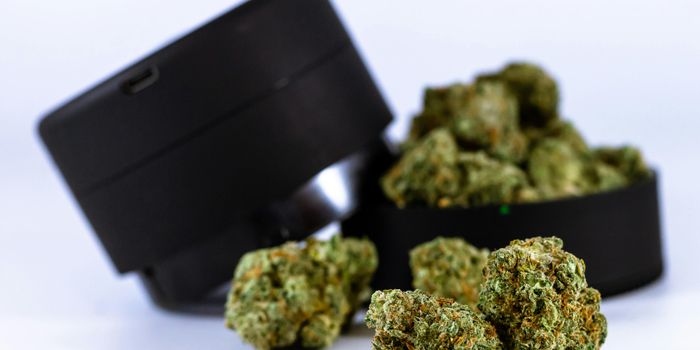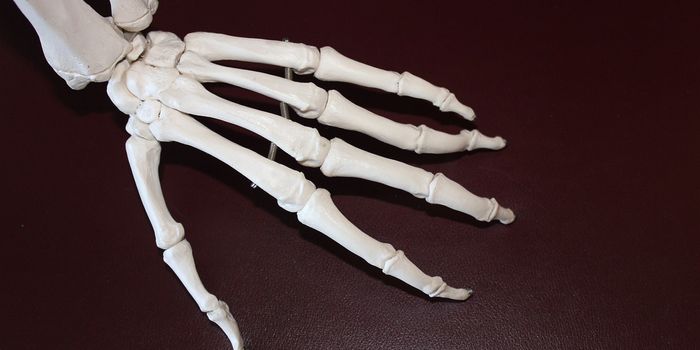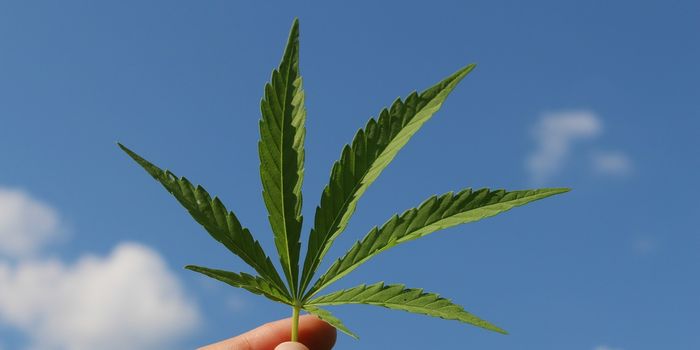CBD May Increase THC's Adverse Effects in Edible Cannabis Products
A recent Johns Hopkins University School of Medicine study found that relatively high doses of cannabidiol (CBD) may intensify the psychoactive and adverse effects of delta-9-tetrahydrocannabinol (THC). It was previously thought that CBD balances out the mood alteration or “high” sensation caused by THC. The study indicated that the CBD present in edible cannabis products affects the metabolism of THC in the body. The study examined the pharmacokinetics (absorption and elimination of a drug by the body) and pharmacodynamics (the body’s response to a drug) between cannabis extracts that varied with respect to THC and CBD concentrations.
The study found that the maximum amount of THC measured in participants’ blood samples was almost twice as high after consuming a brownie containing THC and CBD than after eating a brownie with only THC. The THC dose in each brownie (20 mg) was the same.
The researchers recruited 18 adult participants (11 men and 7 women) who had abstained from cannabis use for at least 30 days before starting the study. The study tested each type of cannabis extract and a placebo among the same participants. Participants engaged in three sessions scheduled at least one week apart. In each session, they consumed a brownie containing either 20 mg of THC, 20 mg of THC, and 640 mg of CBD, or no THC or CBD (placebo). Neither the participants nor the investigators knew the cannabinoid content of each brownie prior to consumption.
In addition, participants were also given a drug cocktail consisting of five cytochromes (CYP) probe drugs (100 mg caffeine, 25 mg losartan, 20 mg omeprazole, 30 mg dextromethorphan, and 2 mg midazolam) 30 minutes after eating each brownie.
Baseline blood samples were collected before each session. Heart rate, blood pressure, and cognitive and psychomotor performance measures were recorded during each session. Participants gave blood and urine samples at timed intervals for 12 hours and then 24 hours after drug dosing was completed. Participants provided self-reported effects using the Drug Effect Questionnaire (DEQ), a standardized tool to evaluate subjective experiences after taking a psychoactive substance.
Although participants had the usual mental and physical sensation produced by cannabis with both the CBD and THC extracts, the researchers attribute differences between the two cannabinoids to the increased concentration of THC and 11-OH-THC in the blood after the CBD extract consumption.
The high CBD extract brownie also resulted in increased heart rate. The placebo brownie did not increase the subjective drug effect ratings or impact cognitive or psychomotor task performance.
Future studies are needed to further understand the impact of CBD and THC dose, mode of administration, relative concentration, frequency of use, and individual health differences on metabolism of commonly used medications.
Sources: Eureka News Alert, JAMA Network Open








